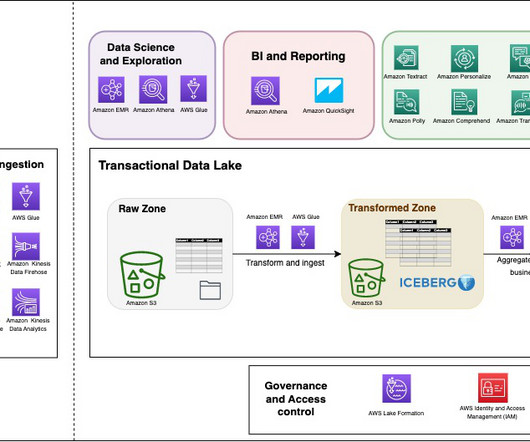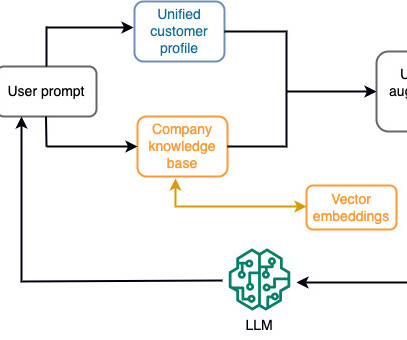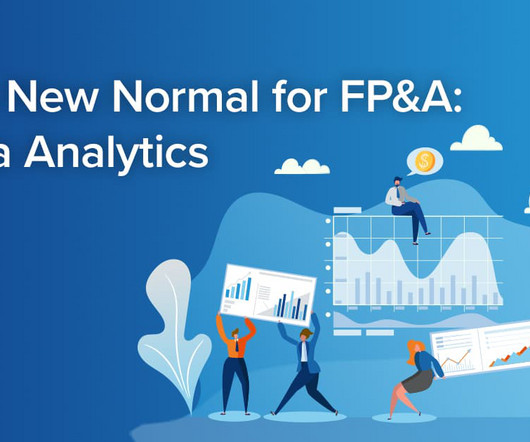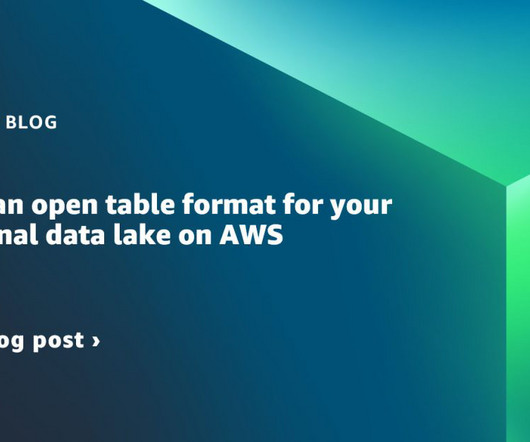5 misconceptions about cloud data warehouses
IBM Big Data Hub
FEBRUARY 2, 2023
In today’s world, data warehouses are a critical component of any organization’s technology ecosystem. The rise of cloud has allowed data warehouses to provide new capabilities such as cost-effective data storage at petabyte scale, highly scalable compute and storage, pay-as-you-go pricing and fully managed service delivery.





















Let's personalize your content